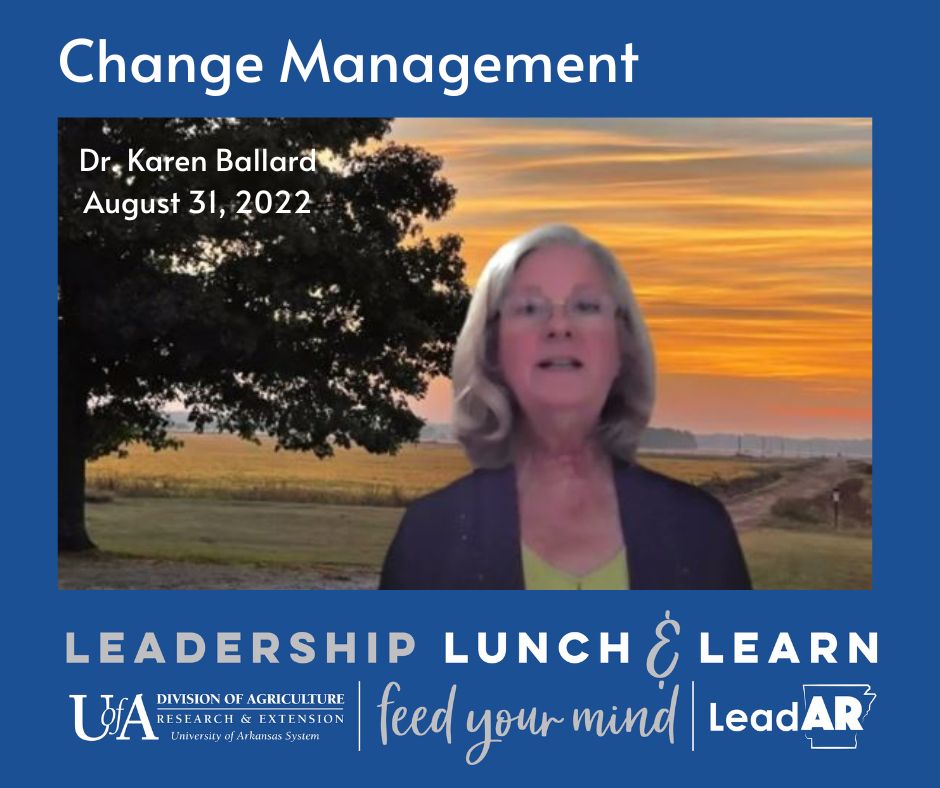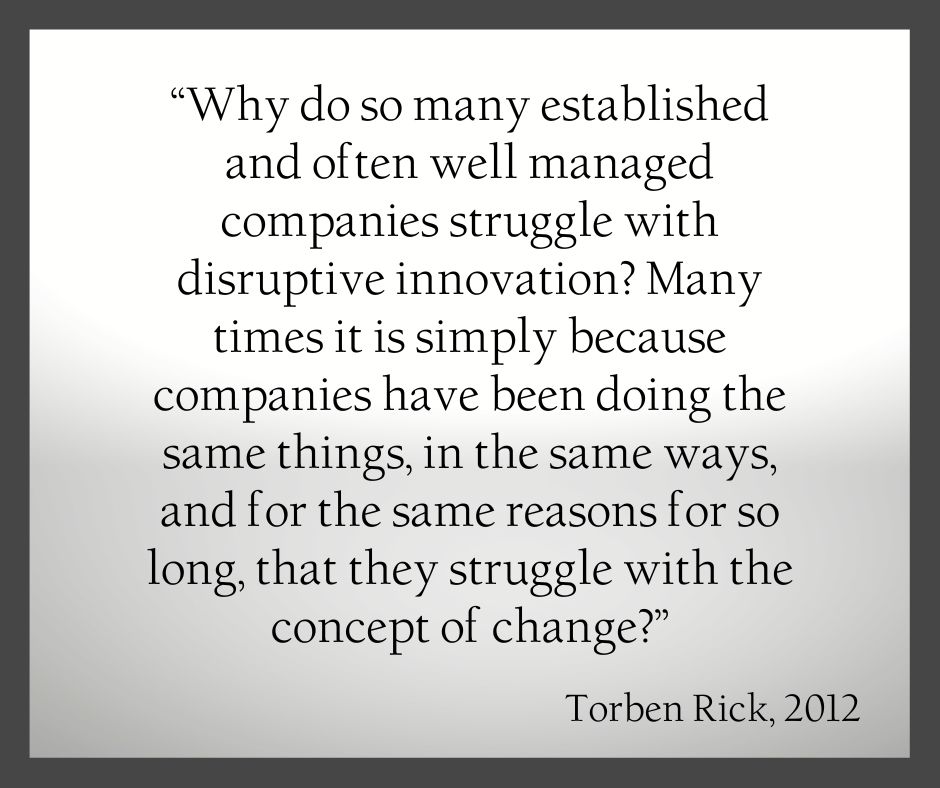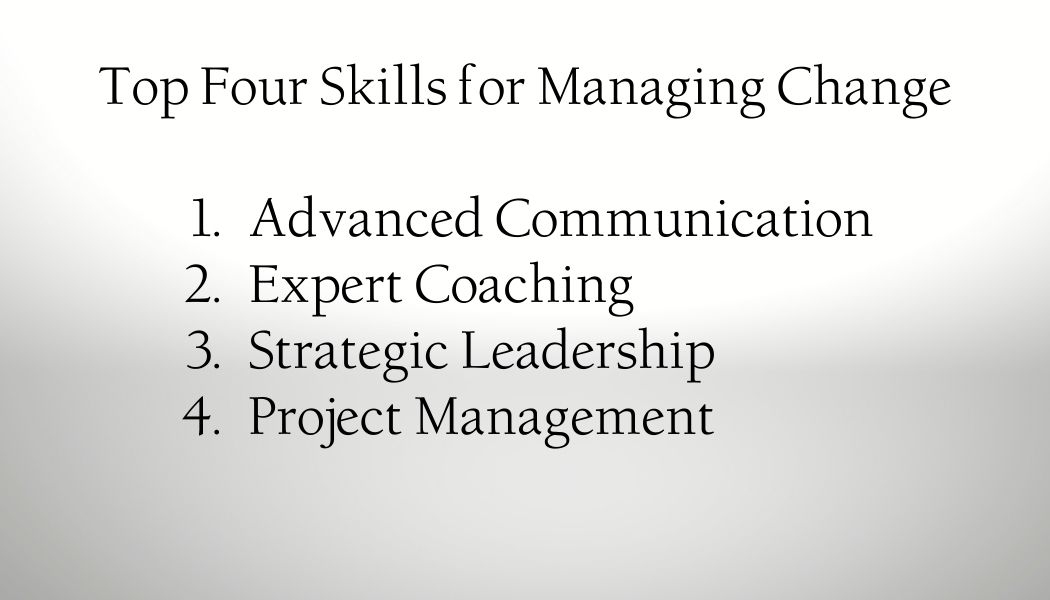Posts
Contact
Lisa Davis
Program Associate-Leadership
Phone: 501-519-5472
Email: ldavis@uada.edu
University of Arkansas System Division of Agriculture
Cooperative Extension Service
2301 S. University Avenue
Little Rock, AR 72204
Do you take change personally
 “All change is personal,” said Dr. Karen Ballard, chief executive officer of B&B Legacy
Farms, and recently retired University of Arkansas System Division of Agriculture
professor of program evaluation, in the August 2022 Leadership Lunch and Learn series.
“All change is personal,” said Dr. Karen Ballard, chief executive officer of B&B Legacy
Farms, and recently retired University of Arkansas System Division of Agriculture
professor of program evaluation, in the August 2022 Leadership Lunch and Learn series.
Ballard asked participants to think about what kind of change they are currently experiencing in life. The major life categories to consider include family, social, professional, financial, physical, and emotional.
Forty percent of respondents said they had a moderate amount of change in their lives; 25% said a significant amount of change; 20% said minor changes, and 15% said little to no change in their lives.
She discussed how not all change is the same.
“Change comes at different rates and should be considered differently," she said, referring to multiple types of change.
Incremental Change — you’ll approach change with a preference for gradual, incremental improvement and development.
Taking something that exists and innovating with it is your preferred method, rather than making sweeping, radical changes or creating entirely new ideas all the time.
Disrupt Incremental change gradually applies the change gradually, one step at a time. If an organization chooses to adopt a new workplace protocol incrementally, for instance, then new rules and guidelines would be implemented slowly over a period of time.
Disruptive Change — non-localized future irreversible and change that affects a portion of an industry.
This can be caused by changes in market trends causing a shift in the mode of production to fit the customer demands. A good example of disruptive change is in the introduction of mobile phones against the regular analogue phones.
“The word disruptive just doesn’t have a good ring to it, however, the other side of this coin is that innovation depends on it,” Ballard said.
She shared a blog posted by Torben Rick in 2012 and a couple of examples.
“Why do so many established and often well managed companies struggle with disruptive innovation? Many times, it is simply because companies have been doing the same things, in the same ways, and for the same reasons for so long, that they struggle with the concept of change.”
For example, Kodak was truly one of the world’s powerhouses. Until the 1990s it was regularly rated one of the world’s five most valuable brands. Kodak is now bankrupt.
What happened? Digital photography took off and Kodak wasn’t ready for it. Was Kodak blind to disruptive changes in the marketplace? And why didn’t Kodak invent Instagram, or an app like it?
In Blockbuster’s case, it was streaming service and mail-order movie service that possessed the foresight that Blockbuster lacked. And while its competitors steadily gained market share through novel and innovative approaches, Blockbuster remained defiantly steadfast in its profound reliance on a brick-and-mortar business.
Disruptive Innovation — is an innovation that simplifies and makes more affordable products and services to undesirable or ignored markets.
Established companies typically strive to improve their products and services for their profitable customer base, largely ignoring the needs and desires of untapped segments.
Ballard recently attended a Food Forum conference that focused on alternative protein sources where experts shared insights into how to feed the world population of 9.9 billion in 2050.
According to the Stockholm Resilience Centre, “Meeting the demand for protein, within environmental limits, is one of the biggest challenges for the global food system in the 21st century.”
Ballard talked about Patrick Brown, founder of Impossible Foods, a company at the forefront of making nutritious, delicious meat and dairy products from plants to satisfy meat lovers and address the environmental impact of animal farming. She said his goal is to reverse the collapse of global biodiversity and avert climate catastrophe by completely replacing the use of animals as a food technology by 2035.
Next, she shared a story of resilience. Earl Mallinger, age 105, the longest resident of Oslo, Minnesota, has been involved in more than 100 harvests during his lifetime.
Lastly, she talked about the Prosci ADKAR Model that outlines an individual’s successful journey through change. Each step of the model naturally aligns to typical activities associated with change management and articulates clear goals for these activities.
“Often employees are not opposed to a solution or a new way of doing work, but rather they resisted change because no one made a clear and compelling chase as to why the change was needed,” she said.

Making A Case For Change
Ballard touched on how people can go about making their cases for change.
For example:
1. Awareness of the business reasons for change. Awareness is a goal/outcome of early communications related to an organizational change.
2. Desire to engage and participate in the change. Desire is a goal/outcome of sponsorship and resistance management.
3. Knowledge about how to change. Knowledge is a goal/outcome of training and coaching.
4. Ability to realize or implement the change at the required performance level. Ability is a goal/outcome of additional coaching, practice, and time.
5. Reinforcement to ensure change sticks. Reinforcement is a goal/outcome of adoption measurement, corrective actions, and recognition of successful change. In identifying the outcomes of change management activities, the ADKAR Model provides a useful framework for change management teams in both the planning and the execution of their work.
Register for Leadership Lunch and Learn Series
The next Leadership Lunch and Learn session will be at 12:15 p.m. to 1 p. m., Sept. 28. The session will focus on Diversity, Equity, Belonging, and Inclusion presented by Teki Hunt-Jimenez, Director of 4-H Youth Programs and School of Agriculture, Fisheries, and Human Sciences recruitment at the University of Arkansas at Pine Bluff.